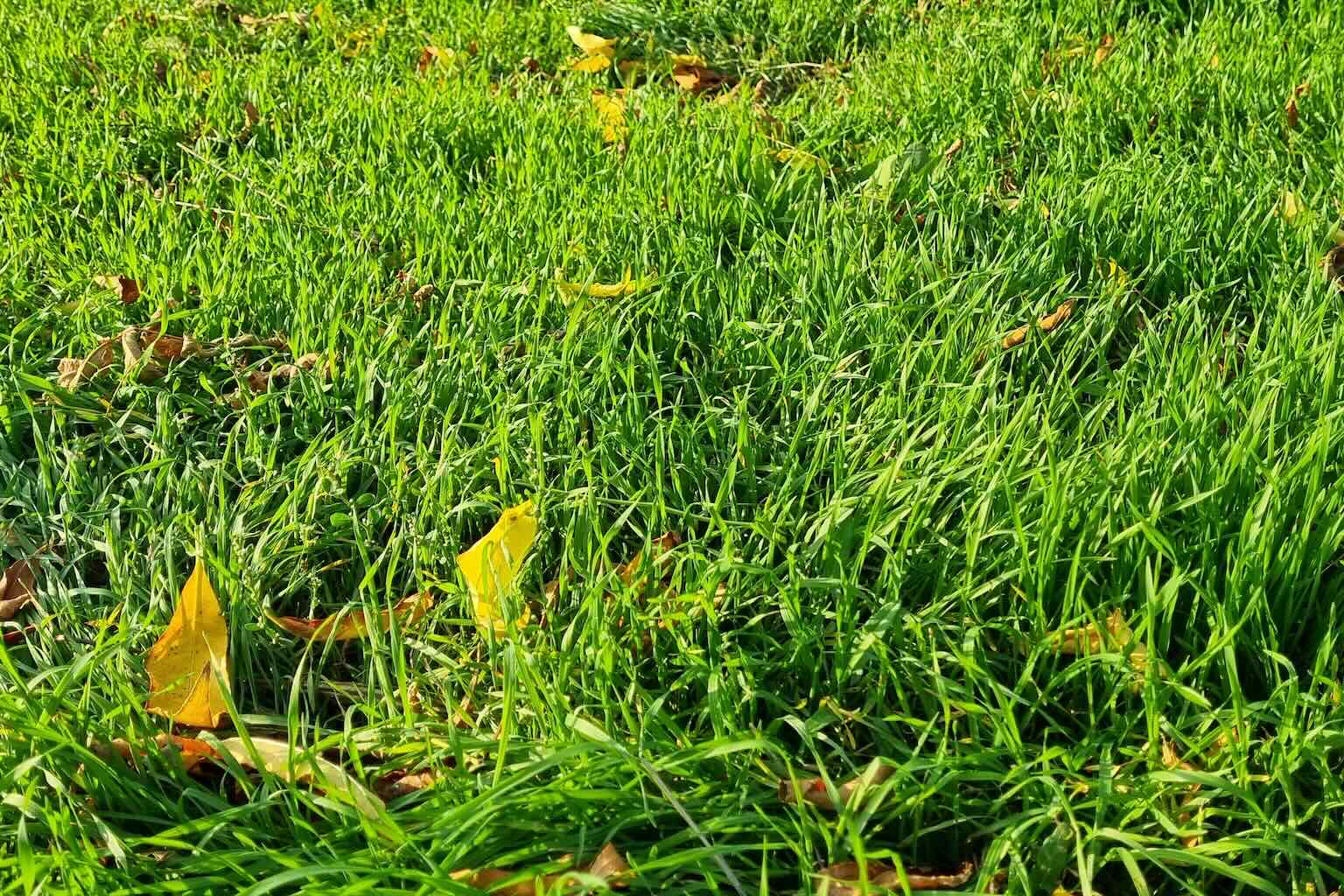Philadelphia may soon take a bold step to reduce noise and air pollution. A new bill introduced by City Councilmember Curtis Jones Jr. proposes banning gas-powered leaf blowers within city limits. The measure is already drawing praise from residents, clean energy advocates, and even some landscaping professionals.
Backed by Councilmember Jamie Gauthier, chair of the city’s environment committee, the bill—called “Noise and Excessive Vibration”—goes beyond reducing noise. It also targets harmful emissions that impact both public health and the climate.
Why Gas Leaf Blowers Are a Problem
Gas-powered lawn tools may look harmless, but their environmental footprint is surprisingly large.
-
A study by PennEnvironment found that in 2020, gas lawn and garden equipment in Philadelphia released more than 50,000 tons of air pollution.
-
That equals the carbon output of 400,000 cars in one year.
-
These emissions worsen air quality and fuel rising temperatures.
The impact is especially harsh in communities already struggling with high asthma and other respiratory illness rates. Beyond pollution, traditional leaf blowers roar at 75–80 decibels, making neighborhoods louder and less livable.
Councilmember Gauthier explained it simply: preparing Philadelphia for climate change means tackling even the everyday tools that harm both people and the planet.
Cleaner Alternatives Already Exist
Electric lawn equipment offers a cleaner and quieter path forward.
-
Battery-powered leaf blowers produce just 60 decibels—similar to normal office chatter.
-
They don’t burn oil or release toxic fumes, protecting neighborhood air quality.
-
Over time, they cut greenhouse gas emissions while keeping streets and yards maintained.
At a recent demonstration outside City Hall, companies like Milwaukee Tool and Stihl showcased the latest models. These electric blowers are efficient, lightweight, and simple to use—just press a button and start working.
Gerhart Arndt, who runs an all-electric lawn care business in Lafayette Hill, praised the shift:
“It’s a beautiful thing. It’s extremely efficient to just pick up a tool, press the trigger, and go.”
The Challenges of Going Electric
Of course, the switch won’t be seamless.
-
Higher upfront costs: Battery-powered tools are generally more expensive.
-
Battery life: Landscapers may need multiple batteries to last a full day.
-
Transition period: Crews must adjust their operations and budgets.
But experts note that the benefits outweigh the hurdles. Andrew Rossi of Milwaukee Tool explained that newer batteries charge faster, last longer, and save companies money over time by cutting fuel and maintenance costs.
Philadelphia Joins a Growing Trend
If the bill passes, Philadelphia won’t be the first city to ban gas leaf blowers.
-
Washington, D.C. already enforces a ban.
-
Arlington, Massachusetts has similar rules.
With more cities considering these changes, momentum is building for a cleaner, quieter future across the U.S.
A Step Toward a Healthier City
Gas-powered leaf blowers may seem like a small issue, but their impact on health, noise, and the environment is big. By making the switch to electric, Philadelphia can protect residents, reduce pollution, and support a more sustainable way of life.
This bill represents more than just a ban—it’s a sign of changing priorities. Cleaner technology, healthier neighborhoods, and quieter mornings may soon become the new normal in Philadelphia.

I have a plug in blower. Sure ain’t quiet. Philly would probably want to fine me or confiscate it. Glad I don’t live in Philly.
The moment you pay for my equipment then you can tell me what I car do. Until then I will use my gas mower equipment to take care of my lawn. I would like to know if the people who are proposing this ban, only hire lawn maintenance service with battery operated equipment.
Today battery equipment only last a short period of time, the cost of one battery is close to $100 so fro most people its to costly to have more that one.